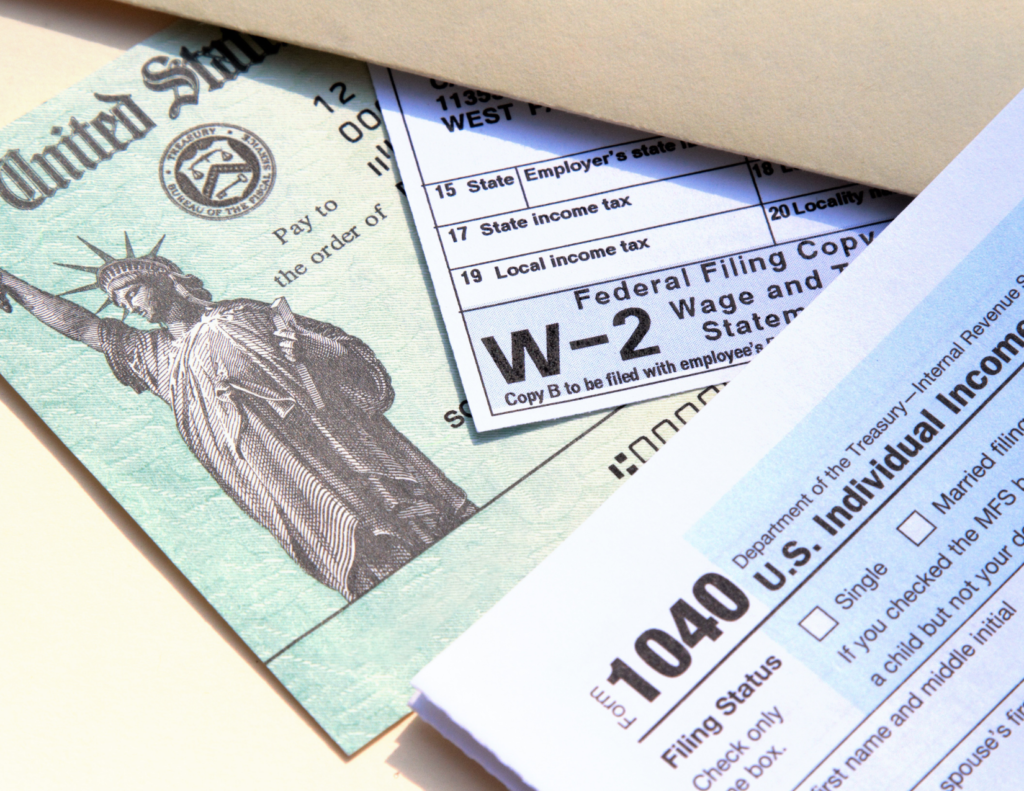As it does each year, the IRS has announced changes for health savings accounts, which are associated with high-deductible health plans.
The figures for 2022:
- Self-only: $3,650 (a $50 increase from 2021).
- Family: $7,300 (a $100 increase from 2021).
According to the Society for Human Resource Management, the government bases its decision on the Consumer Price Index for All Urban Consumers for the 12-month period ending on March 31.
The IRS has made a similar adjustment to maximum out-of-pocket amounts:
- Self-only: $7,050 (a $50 increase from 2021).
- Family: $14,100 (a $100 increase from 2021).
The catch-up contribution amount for those 55 and older is not automatically adjusted and remains at $1,000.
Also remaining the same are minimum deductibles:
- Self-only: $1,400.
- Family: $2,800.
More information is available in IRS Rev. Proc. 2021-25.
If you need assistance or have any questions on the information in this article, please call your CironeFriedberg professional. You can reach us by phone at (203) 798-2721 (Bethel) or (203) 366-5876 (Shelton) or email us at info@cironefriedberg.com.










